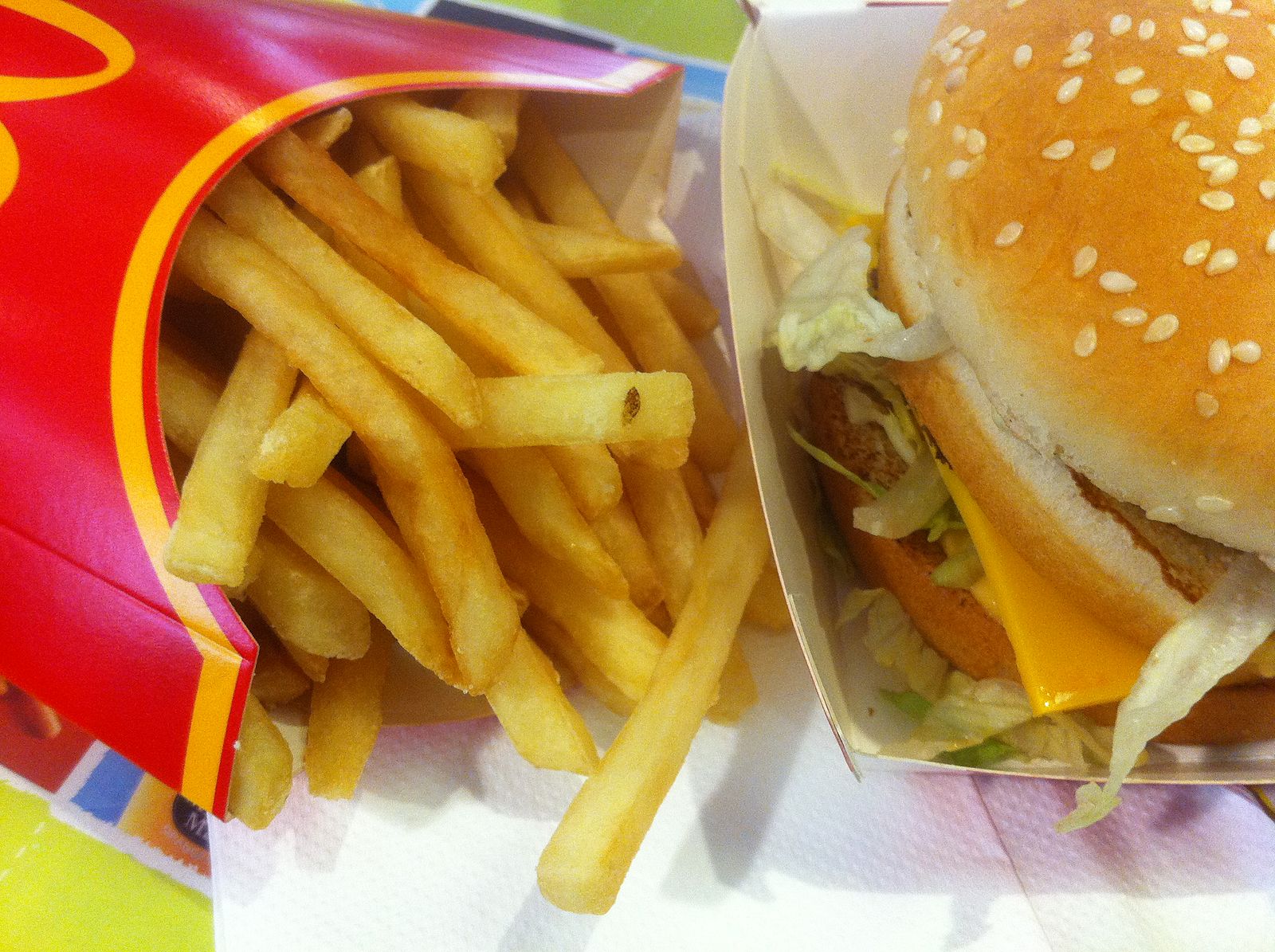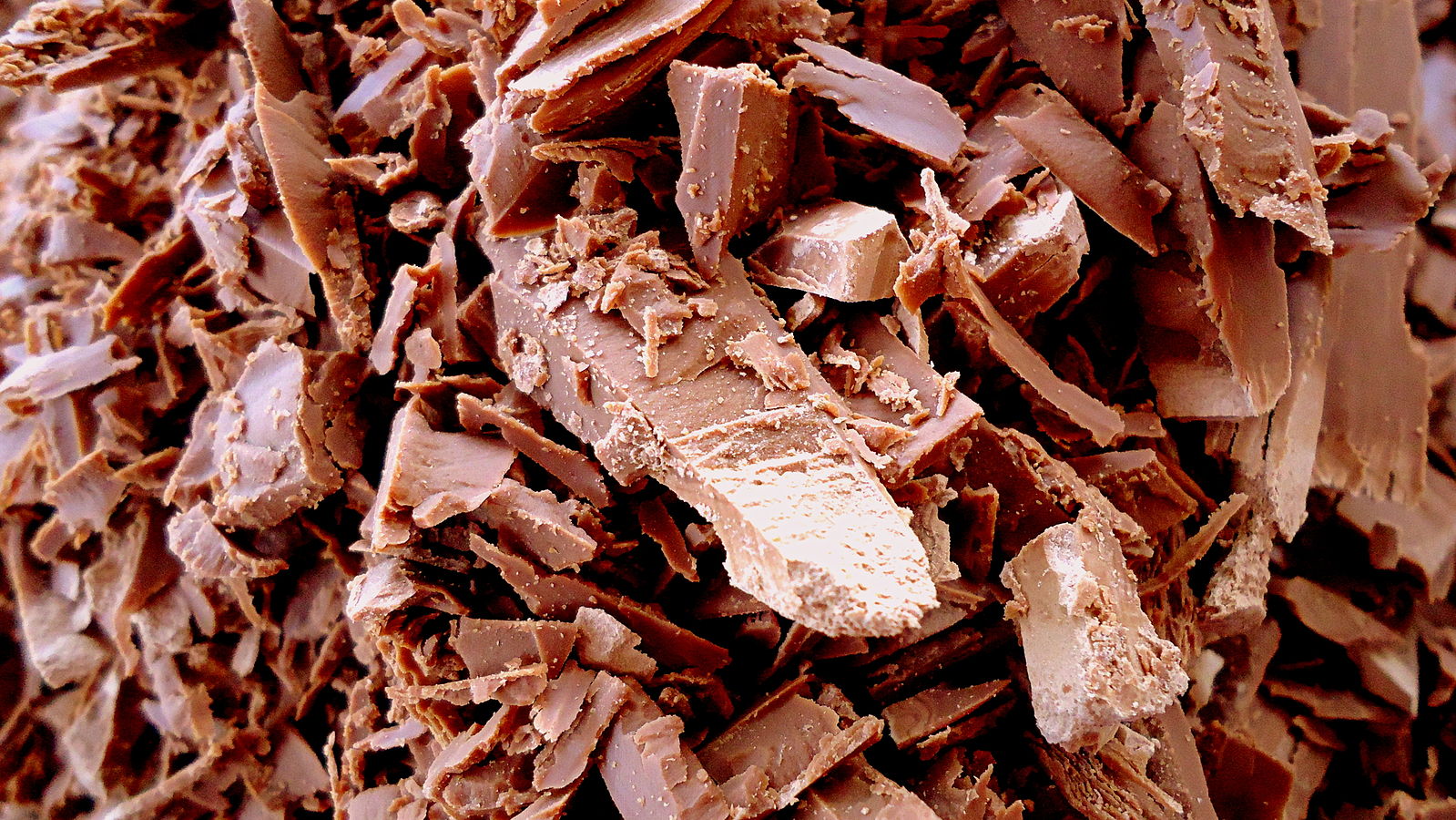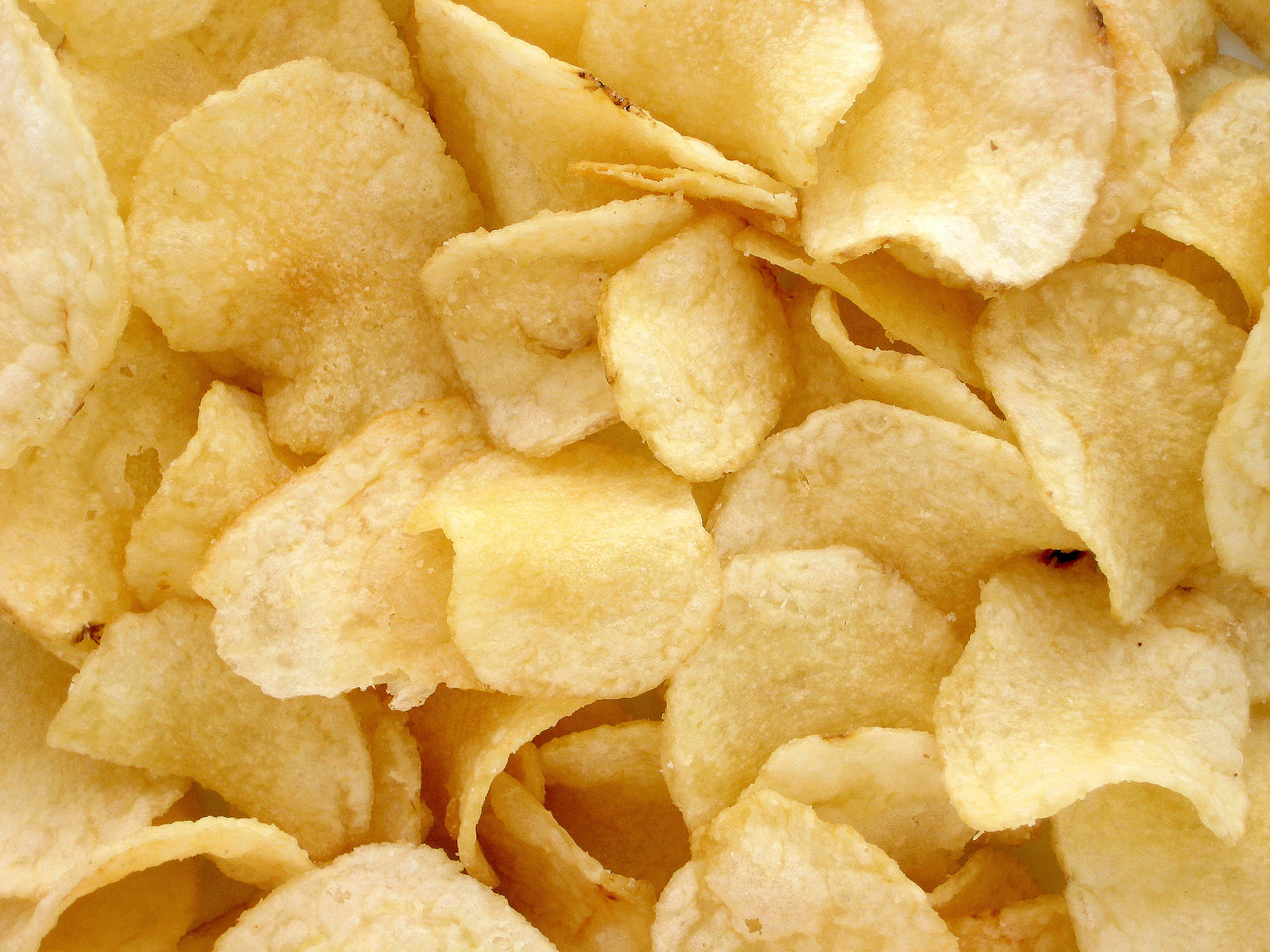Here Are 5 of the Most Addictive Foods

By:
Everyone has certain foods that they have a hard time putting down. You might compare cheese to heroin, and you wouldn't be wrong, because it naturally contains small amounts of morphine. But it's the highly processed foods that are typically hardest to escape.
Highly processed foods tend to contain lots of sugar and lots of fat. Sugar addiction has been compared to cocaine addiction, and so has addiction to fatty foods. What they serve at McDonald's may be as habit-forming as what a vendor might be selling in the alley next to McDonald's.
It's bad enough that these foods end up this way. Certainly no one's making them like this on purpose, right? Wrong: Welcome to capitalism.
 Wikimedia/Mac Markers - wikimedia.org
Wikimedia/Mac Markers - wikimedia.org
Foods are sometimes processed with the explicit intention of making them more addictive, Erica Schulte — a doctoral student in clinical psychology at the University of Michigan who published a study on addictive foods in PLOS One last year — told ATTN:. In the same way "drugs are processed to increase their addictive potential," foods can be "manufactured to be particularly rewarding through the addition of fat and refined carbohydrates" such as sugar, she said.
Schulte's research compare such foods to illicit drugs by pointing out how quickly the body absorbs their pleasure-inducing ingredients.
Below are some of the most addictive foods to watch out for.
1. Pizza
Everyone knows pizza can be a problematic food. Watch someone's Facebook feed after they start a diet, and see how long it takes for them to mention pizza. Not only does pizza have the carbohydrates and fat people seek, it also has a nice salty flavor, one that Americans love and find very addictive. Pizza can contain around 640 mg of sodium, according to the USDA. Schulte's study had participants assess how addictive food is based on the Yale Food Addiction Scale, and pizza came out on top, with a score of 4.01 out of a possible 7.
2. Chocolate

Chocolate has a lot of sugar and fat, as well as caffeine, which gives people energy and excites them, making them want more. Chocolate also contains cannabinoids like the compounds found in marijuana, which can cause people to feel relaxed and euphoric, another appealing quality. People rated chocolate on the Yale scale at 3.73.
3. Chips
 Wikimedia/Evan-Amos - wikimedia.org
Wikimedia/Evan-Amos - wikimedia.org
Chips have lots of salt, sometimes sugar and lots of fat. Whether they are Doritos or Kettle Chips, they can be extremely addictive. An average bag of chips can have around 140 mg to 150 mg of sodium per serving, which keeps people coming back for more. People rated chips at 3.73 on the Yale scale.
4. Cookies
5. Ice Cream
 Pixabay/Public Domain - pixabay.com
Pixabay/Public Domain - pixabay.com
The average half-cup of ice cream has about 7 grams of fat, according to the USDA. Add in sugar and calories, and you have quite a heavy dessert that's also very addictive. Ice cream rated 3.71 on the Yale scale.
What to do?
All hope is not lost. You can beat food addiction, though it might not be easy. "For individuals reporting symptoms of food addiction, moderation may not be an effective treatment strategy," Schulte said. "Abstinence may be one potential method to consider for some addictive-like eaters."
One problem is that highly processed foods are often marketed to children and are often the cheapest kinds of foods you can get, so they present a unique problem, Schulte said. Tobacco companies can't advertise addictive cigarettes to children, but fast food companies can advertise toys and playrooms as enticements.
Getting used to eating unhealthy food at a young age makes it harder to avoid such foods as an adult. Schulte said limiting how these foods are marketed and making it less acceptable to eat them regularly could help the general public. Beyond that, parents have to take some control of how their children develop eating habits.
